| As from 1 January 2023, any purchaser of such immovable work, who files VAT returns in Belgium, will have to self-account for Belgian VAT via the reverse charge mechanism, at least if the supplier is established in Belgium.
To date, in the case of immovable work, the reverse charge mechanism is only to be applied if the customer is either (i) a VAT taxable person established in Belgium filing periodic VAT returns or (ii) a VAT taxable person not established in Belgium who is VAT registered in Belgium with the appointment of a fiscal representative. |
Broader application scope of reverse charge in case of immovable work
The application of this reverse charge mechanism, in case the supplier is established in Belgium, (provided for in Art. 20 § 1 Royal Decree No. 1) will be extended from as from 1 January 2023, in the sense that even if the customer is a foreign company that has a Belgian VAT number without appointment of a fiscal representative (i.e. has opted for a so-called direct VAT registration), one is obliged to apply the reverse charge mechanism. This does presuppose that the customer is a taxable person who files (or is required to file) periodic VAT returns in Belgium.
If this is not the case, then the customer cannot account for the Belgian VAT instead of the supplier either. The supplier must therefore be aware of its customer’s VAT status. Therefore, when applying this reverse charge mechanism as from 1 January 2023, the supplier must always include the following statement on invoices:
“Reverse charge. In the absence of a written objection within a period of one month from receipt of the invoice, the customer shall be deemed to acknowledge that he is a taxable person required to submit periodic returns. If that condition is not met, the customer shall be liable with respect to that condition for the payment of tax, interest and fines due.”
If the customer does not dispute the invoice within a month of receipt, then the supplier is released from his liability in respect of the payment of VAT.
Exceptions if the supplier is not established in Belgium
Note that in the event the supplier is not established in Belgium, the current reverse charge mechanism (provided for in Art. 51 § 2, 5° Belgian VAT Code) has not yet been adapted. In that case, it is therefore still required that the customer is a “taxable person established in Belgium who submits periodic VAT returns” or “a taxable person not established in Belgium who has appointed a fiscal representative in Belgium”.
For a foreign entrepreneur using foreign subcontractors (being himself the main contractor), it is therefore still interesting to appoint a fiscal representative in Belgium. This way, the reverse charge mechanism can also be applied in the relationship between the foreign subcontractor and the foreign main contractor, and the subcontractor does not have to register for VAT purposes in Belgium (this also has cash-flow advantages for the main contractor).
Moreover, the law refers to “immovable work“. Qualifying as such is (according to Art. 20 Royal Decree No. 1) only:
- the construction, remodeling, finishing, furnishing, repair, maintenance, cleaning and demolition, in whole or in part, of an immovable property, and supplying a movable good and immediately attaching it to an immovable property in such a way that it becomes immovable (in its nature).
- supply as well as attachment to a building of
- components or part of a central heating or air-conditioning installation;
- components or part of a building’s sanitary installation (for sanitary or hygienic use connected to a water or sewage system);
- components or part of an electrical installation of a building, with the exception of appliances for lighting and lamps;
- components or part of an electrical bell installation, of fire alarm apparatus, of anti-theft alarm apparatus and of a house telephone;
- storage cupboards, sinks, sink cabinets and furniture with built-in sink, wash basins and furniture with built-in sink, extractor hoods, fans and air fresheners with which a kitchen or bathroom is equipped;
- shutters, blinds and blinds on the outside of the building;
- wall coverings or floor coverings in a building.
- the attachment, installation, repair, maintenance and cleaning of the above goods.
If it concerns other services, the now broader application scope of the reverse charge mechanism provided for in Art. 20 § 1 Royal Decree No. 1 does not come into play. This can e.g. be the case for services which on the basis of special VAT allocation rules – such as those provided for in Art. 21 § 3 VAT Code, Art. 47 VAT Directive 2006/112/EC and Implementing Regulation No. 1042/2013 – can also be located in Belgium (because they have a sufficiently direct connection with an immovable property located in Belgium) but do not fall under the supplies listed above in Art. 20 § 1 Royal Decree No. 1 (e.g. drawing up plans for (parts of) a building, mediation in the sale of or legal services relating to the transfer of a property) or if it concerns the supply of a movable good including installation or assembly, and that good does not fall under the abovementioned listed goods and is not sufficiently built into or attached to an immovable property in order to qualify as immovable itself after the installation or assembly.
Conclusion
In short: small details can still make a world of difference.
If you have any questions about the new rules on reverse charge in the case of work in immovable property or if you are looking for a fiscal representative in Belgium, you can of course always contact us.



